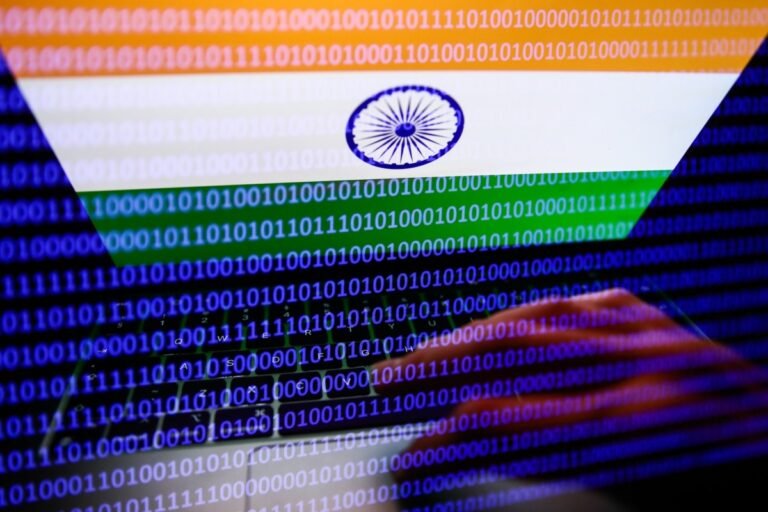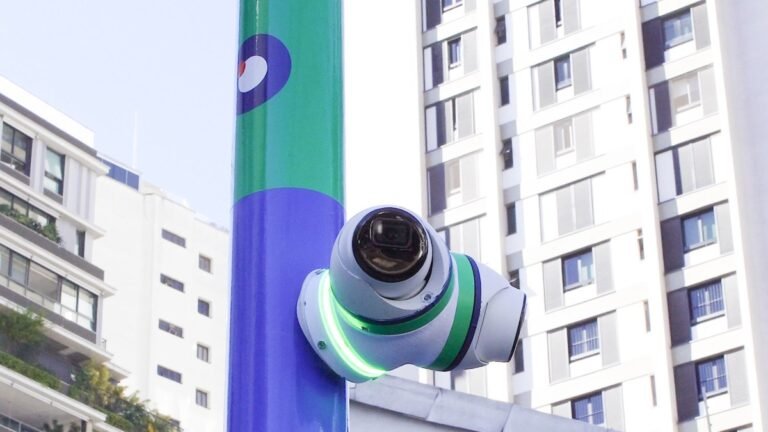
Two senior police officials are accused of sharing citizens’ personal information from a classified government database with criminalsTwo senior officials working for anti-terror police in Bangladesh allegedly collected and sold classified and personal information of citizens to criminals on Telegram, TechCrunch has learned.
According to the letter, the police agents were caught after investigators analyzed logs of the NTMC’s systems and how often the two accessed it.
Last year, a security researcher found that the NTMC was leaking people’s personal information on an unsecured server.
Another Bangladeshi government agency, the Office of the Registrar General, Birth & Death Registration, also leaked citizens’ sensitive data last year, as TechCrunch reported at the time.
Although the incident is under investigation, a well-placed source within the government told TechCrunch that there are still officials who are offering to sell citizens’ data.

The Indian government has finally resolved a years-long cybersecurity issue that exposed reams of sensitive data about its citizens.
At fault was the Indian government’s cloud service, dubbed S3WaaS, which is billed as a “secure and scalable” system for building and hosting Indian government websites.
With evidence of ongoing exposures of private data, Majumder asked TechCrunch for help getting the remaining data secured.
Majumder said that some citizens’ sensitive data began spilling online long after he first disclosed the misconfiguration in 2022.
The exposed data, Majumder said, potentially puts citizens at risk of identity thefts and scams.

India’s federal election commission has fixed flaws on its website that exposed data related to citizens’ requests for information related to their voting eligibility status, local political candidates and parties, and technical details about electronic voting machines.
The bugs allowed access to the RTI requests, download transaction receipts, and responses shared by the officials without properly authenticating user logins.
Some of the exposed data included the RTI filing date, the questions asked, the applicant’s name and mailing address, the applicant’s poverty line status, and RTI responses.
The bugs were fixed earlier this week following CERT-In’s intervention.
The Election Commission of India did not respond to a request for comment.

Erick Coser and Otávio Costa Miranda moved back to Brazil in 2019 to solve a large, yet unsolved problem in Latin America.
Meanwhile in São Paulo, that is one camera per thousand people.
Coser and Costa Miranda drew on the experiences of Europe to create Gabriel in 2020.
The company integrates cameras and computer vision with routine police operations to address public safety challenges across Latin America.
That walks side-by-side with strong investments in the takeover of São Paulo in 2024 and preparations for launching new cities in 2025.”

The convergence of Big Tech, finance, and government has enabled a new data economy.
The first movement in the megacycle was the General Data Protection Regulation (GDPR) when the EU championed data privacy in 2016.
Brazil stepped up and created comparative data privacy rights and is investing heavily in data infrastructure and regulation to enable citizens to capitalize on their personal data.
Data privacy will evolve into data ownership rights in 2024Our data could power an entirely new data economy that could benefit every person who participates in it or not, based on their decision-making.
The next tech megacycle — one in which everyday citizens worldwide own and control their personal data that powers AI — began about a year before the global COVID pandemic.








